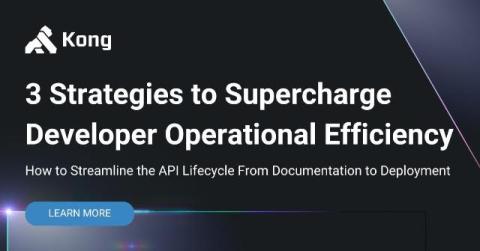Demonstrating Proof-of-Possession (DPoP): Preventing Illegal Access of APIs
In a previous blog post, we discussed the prevalence of bearer tokens (or access tokens) to restrict access to protected resources, the challenges the sheer nature of bearer tokens present, and available mitigations. To recap, presenting a bearer token is proof enough of an authorization grant to avail the service and access resources protected by the token. This poses many security risks such as using stolen or leaked tokens to gain unauthorized access.











